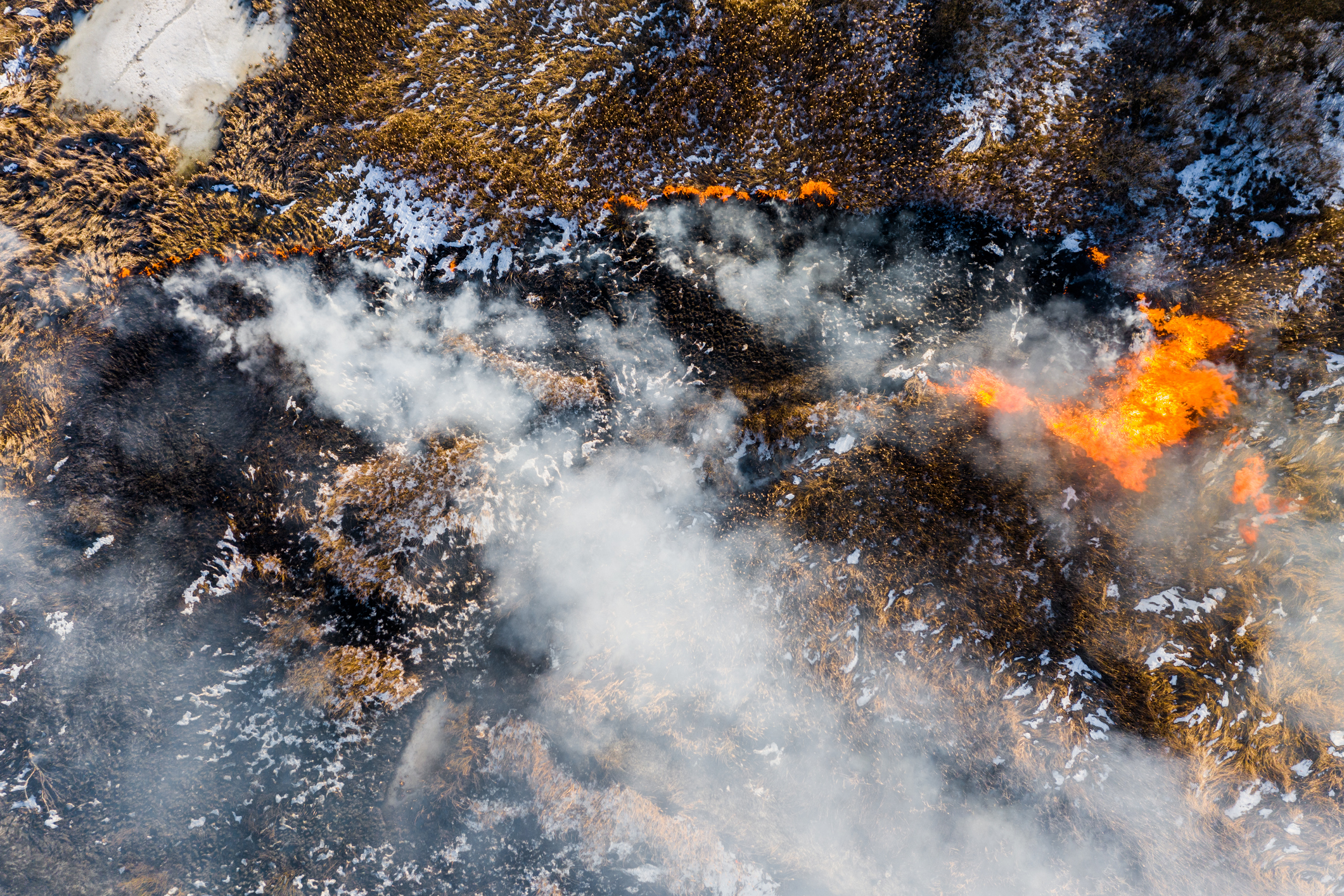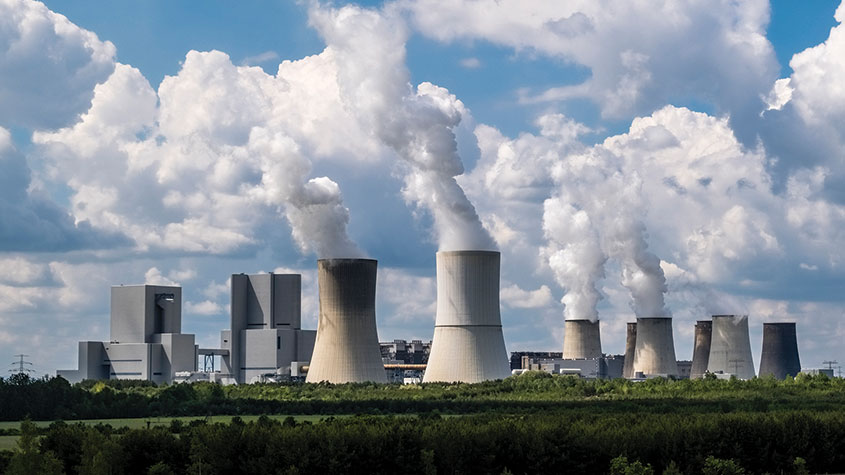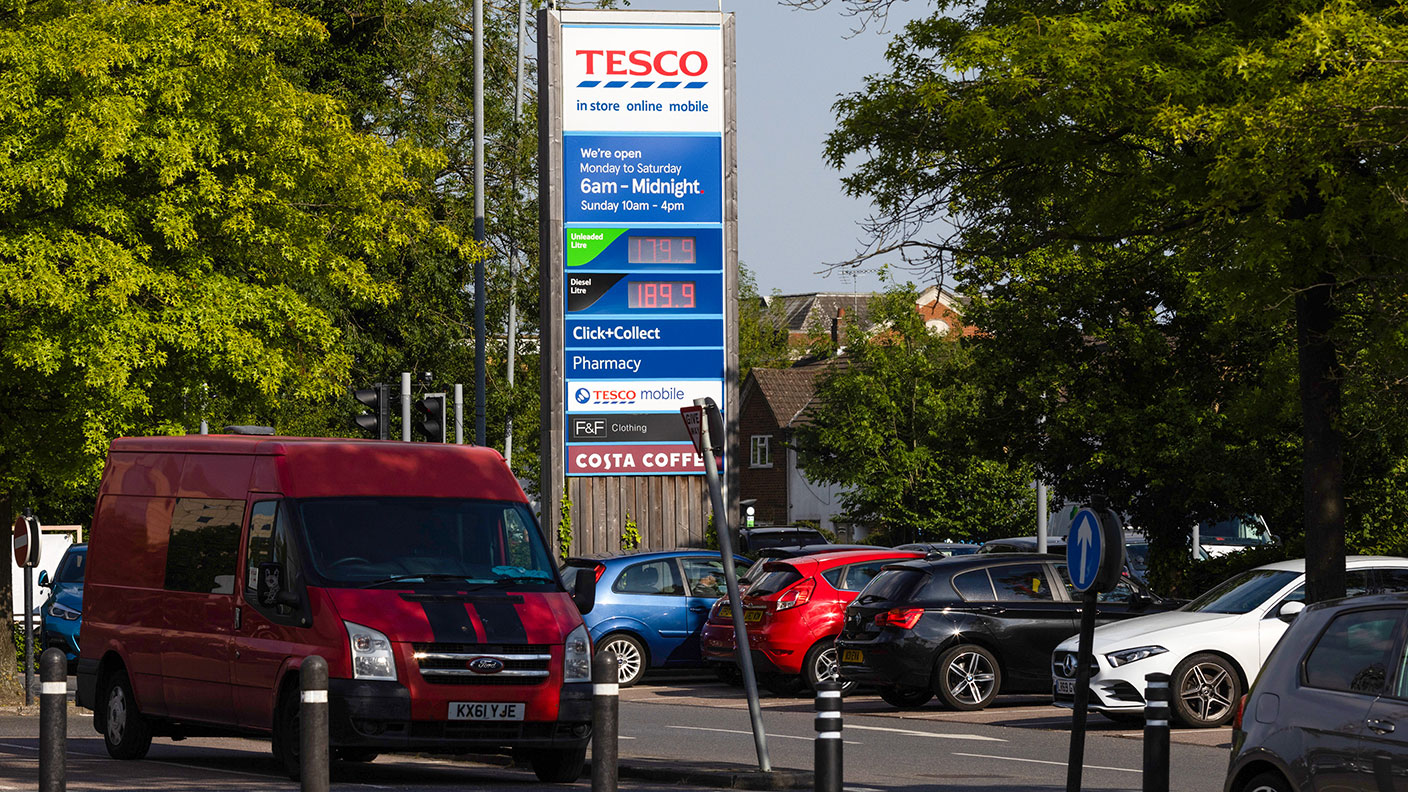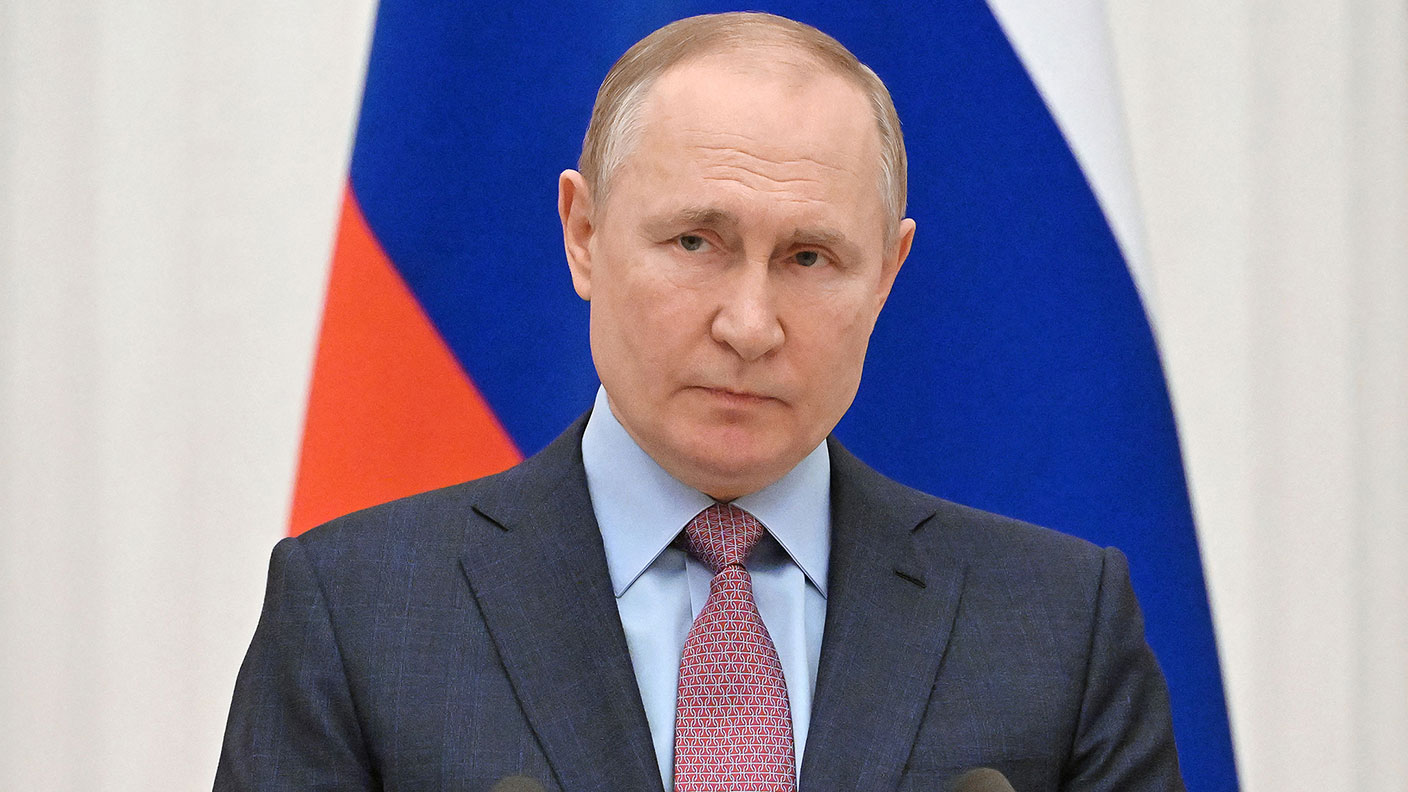The rise of Igor Sechin – the Darth Vader of Russia
Igor Sechin holds no official position in the Kremlin, but many consider the Rosneft boss the most powerful man in Russia after the president. Will he determine Putin’s successor? Jane Lewis reports.
Get the latest financial news, insights and expert analysis from our award-winning MoneyWeek team, to help you understand what really matters when it comes to your finances.
You are now subscribed
Your newsletter sign-up was successful
Want to add more newsletters?

Twice daily
MoneyWeek
Get the latest financial news, insights and expert analysis from our award-winning MoneyWeek team, to help you understand what really matters when it comes to your finances.

Four times a week
Look After My Bills
Sign up to our free money-saving newsletter, filled with the latest news and expert advice to help you find the best tips and deals for managing your bills. Start saving today!

Vladimir Putin secured a fourth term as Russia's president last weekend, but the real intrigue lies in what happens next. Barred by the constitution from seeking another term in 2024, Putin "might as well have been firing the starting gun for the race toward his succession", says The New York Times "a bare-knuckled, no-holds-barred fight" between the warring factions of his court and their oligarch allies. And in the thick of things will be the biggest behind-the-scenes power monger of the lot: Putin's right-hand man, Igor Sechin, once dubbed the "Darth Vader of Russia".
Sechin has no formal role in the Kremlin; his power-base is the state-controlled oil giant Rosneft, which he has led since 2004 and built into "the world's largest listed oil company", says the Financial Times. Yet he is one of the most feared men in Russia, renowned, as The Economist notes, "for his willingness to inflict pain on opponents". A major player among the siloviki (the former and current members of the security services), Sechin "epitomises Russia's nexus between political power and property".
The man who followed Putin
Running Rosneft has made Sechin rich: he received 600m roubles (£7.4m) in 2014, but his apparent wealth far exceeds that. In 2016 he sued two Russian newspapers for alleging that he was building a $60m mansion and that his wife owns a $100m yacht. Yet he is still renowned for "combining a legendary work ethic with the zeal of a Jesuit priest", says Vox, fuelling his long days with orange juice, his favourite drink.
MoneyWeek
Subscribe to MoneyWeek today and get your first six magazine issues absolutely FREE

Sign up to Money Morning
Don't miss the latest investment and personal finances news, market analysis, plus money-saving tips with our free twice-daily newsletter
Don't miss the latest investment and personal finances news, market analysis, plus money-saving tips with our free twice-daily newsletter
One of the most staunchly conservative figures in Russian politics, Sechin, like Putin, is a native of Leningrad. Born in 1960, into a family of factory workers, he emerged as talented linguist and studied philology at Leningrad University, spending much of the 1980s in Angola and Mozambique as a military translator a common cover for intelligence agents. In the early 1990s he began working as an office coordinator for Putin, then became deputy mayor of St Petersburg. "He treated Putin as a god before Putin was a god," one Russian pundit told The Economist."At first no one took him seriously," notes another. "He showed everyone they were wrong."
When Putin became president in 2000, Sechin became the gatekeeper and used his power "to mercilessly go after his rivals", says Vox. Some allege he was behind the downfall of Mikhail Khodorkovsky, boss of the oil company Yukos whenhe showed political ambitions. Khodorkovsky was jailed for tax fraud, Yukos broken up, and its assets sold to Rosneft.
Flexing his muscles
That pattern has continued, suggests the FT. In 2014 Vladimir Yevtushenkov, owner of conglomerate Sistema, was arrested and his oil firm Bashneft seized by the state. Bashneft was sold to Rosneft, which then sued Yevtushenkov for asset-stripping. In December, he paid 100bn roubles in a settlement. Meanwhile, Alexei Ulyukayev, the former economy minister, was sentenced to eight years in a penal colony after being accused of demanding bribes over the Bashneft case, following a farcical sting involving the exchange of a basket of sausages containing $2m. At his trial, Ulyukayev paraphrased John Donne's poem For whom the Bell tolls (answer: "for you"). That may sum up the uncertainty among the elite about who will emerge on top. For some, says Forbes, Sechin is now "more feared than Putin".
Get the latest financial news, insights and expert analysis from our award-winning MoneyWeek team, to help you understand what really matters when it comes to your finances.
Jane writes profiles for MoneyWeek and is city editor of The Week. A former British Society of Magazine Editors (BSME) editor of the year, she cut her teeth in journalism editing The Daily Telegraph’s Letters page and writing gossip for the London Evening Standard – while contributing to a kaleidoscopic range of business magazines including Personnel Today, Edge, Microscope, Computing, PC Business World, and Business & Finance.
-
 How a ‘great view’ from your home can boost its value by 35%
How a ‘great view’ from your home can boost its value by 35%A house that comes with a picturesque backdrop could add tens of thousands of pounds to its asking price – but how does each region compare?
-
 What is a care fees annuity and how much does it cost?
What is a care fees annuity and how much does it cost?How we will be cared for in our later years – and how much we are willing to pay for it – are conversations best had as early as possible. One option to cover the cost is a care fees annuity. We look at the pros and cons.
-
 No peace dividend in Trump's Ukraine plan
No peace dividend in Trump's Ukraine planOpinion An end to fighting in Ukraine will hurt defence shares in the short term, but the boom is likely to continue given US isolationism, says Matthew Lynn
-
 Investors need to get ready for an age of uncertainty and upheaval
Investors need to get ready for an age of uncertainty and upheavalTectonic geopolitical and economic shifts are underway. Investors need to consider a range of tools when positioning portfolios to accommodate these changes
-
 Ukraine invades Russia – what are the political implications?
Ukraine invades Russia – what are the political implications?Ukraine's surprise invasion into Kursk could change the course of the war politically
-
 What’s in store for the UK economy in 2023?
What’s in store for the UK economy in 2023?Advice The UK economy is facing a lot of problems right now. What are the main challenges and how will these affect the economy in the year ahead?
-
 Eurozone economy heads for paralysis
Eurozone economy heads for paralysisNews Record high energy prices, the threat of recession in Germany and squabbling in Italy's government has left the eurozone fighting fires on all fronts.
-
 Governments will sink in a world drowning in debt
Governments will sink in a world drowning in debtCover Story Rising interest rates and soaring inflation will leave many governments with unsustainable debts. Get set for a wave of sovereign defaults, says Jonathan Compton.
-
 Why petrol prices are higher than in 2008, despite lower oil prices now
Why petrol prices are higher than in 2008, despite lower oil prices nowBriefings The price of petrol is at an all-time high. Yet despite oil prices being higher in 2008, petrol was cheaper back then. Saloni Sardana explains why.
-
 How the West can win Putin’s war on food
How the West can win Putin’s war on foodOpinion The West could easily make up the shortfall if it let the free market rip, says Matthew Lynn.